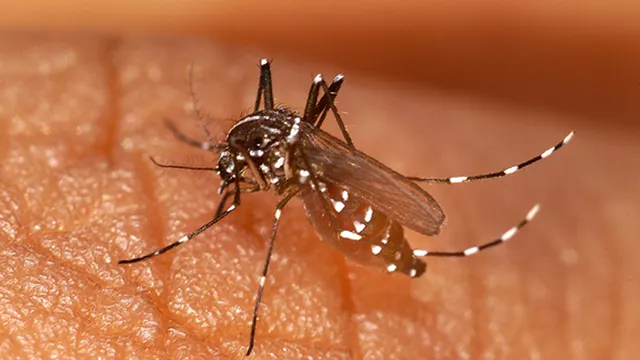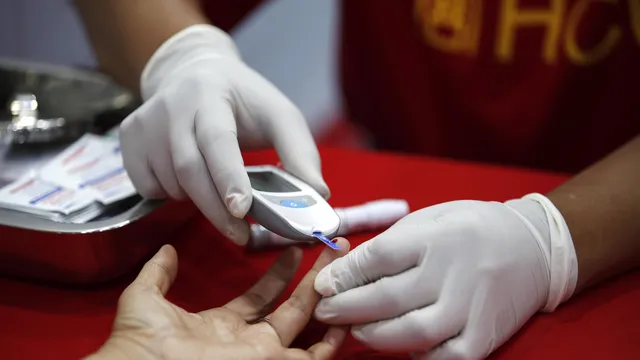A new pilot study shows that following a ketogenic diet for just 10 weeks can significantly reduce symptoms of depression in young adults.
Researchers at Ohio State University found that students with major depressive disorder experienced a nearly 70% reduction in depression symptoms after following the diet, along with improvements in overall well-being, cognitive function, and weight loss.
The ketogenic, or keto, diet is high in fat, moderate in protein, and very low in carbohydrates—usually less than 50 grams per day.
This forces the body to go into a state of nutritional ketosis, where it burns fat for energy and produces ketones, an alternative energy source for the brain and body.
The diet has been studied for decades in the treatment of epilepsy and is now being investigated for a number of conditions, including heart disease, cancer, and mental health.
The study, published in Translational Psychiatry, included 24 students with major depressive disorder, and 16 of them completed the program.
All participants had already received treatment, such as medication, counseling, or both, before starting the keto plan. For 10 to 12 weeks, they received training on how to follow the diet, including personalized nutritional guidelines, 10 starter meals, snacks, and ongoing support through a private app.
Lead researcher Dr. Jeff Volek, a professor of human sciences at Ohio State University, said the results were impressive. "So many people are suffering right now that it's gratifying to offer a potential solution. There is still scientific work to be done, but since there is evidence of benefits, expanding access to a well-formulated ketogenic diet as part of depression treatment is something worth considering," he explained.
The results went beyond mood improvement. Students reported feeling better in just two weeks, with depression scores falling 37% at the start and reaching a 69% reduction at the end of the study. Clinicians' assessments showed similar results—a 71% reduction in symptoms after 10–12 weeks. None of the participants reported a worsening of symptoms, which is rare in depression studies.
Overall well-being scores nearly tripled, and cognitive tests showed improved results in areas such as memory, processing speed, and attention. On average, participants lost 5 kg and reduced their body fat by more than 2%. Most of them achieved clinically significant weight loss. Importantly, cholesterol and triglyceride levels did not worsen, indicating that the diet was safe for the cardiovascular system during the study.
For Ryan Patel, DO, a psychiatrist at the Ohio State Counseling and Consultation Service and co-author of the study, the results are particularly important for college campuses. "About 40% of students report symptoms of depression, and half of them receive some form of treatment. We have more students suffering from mental health issues than can receive professional treatment. Nutrition is one way we can help on a large scale," he noted.
The study has limitations. It does not include a control group, and the sample size is small. Previous studies show that medication and counseling reduce symptoms of depression by about 50% over a similar period of time, making the 70% reduction in this study particularly promising. However, larger, controlled studies are needed to confirm whether the keto diet directly improves depression or works best as an adjunct to standard therapies.
Volek and his team are already collecting biological data to investigate why the diet may improve mood. Ketosis may reduce inflammation, alter signaling in the brain, or affect proteins associated with depression. Although the exact mechanisms remain unclear, the researchers believe the results are compelling enough to warrant further study.
"This is one of the first well-controlled studies of its kind. There are limitations, but the encouraging results encourage us to continue pursuing this line of research," Volek said. | BGNES

 Breaking news
Breaking news
 Europe
Europe
 Bulgaria
Bulgaria







